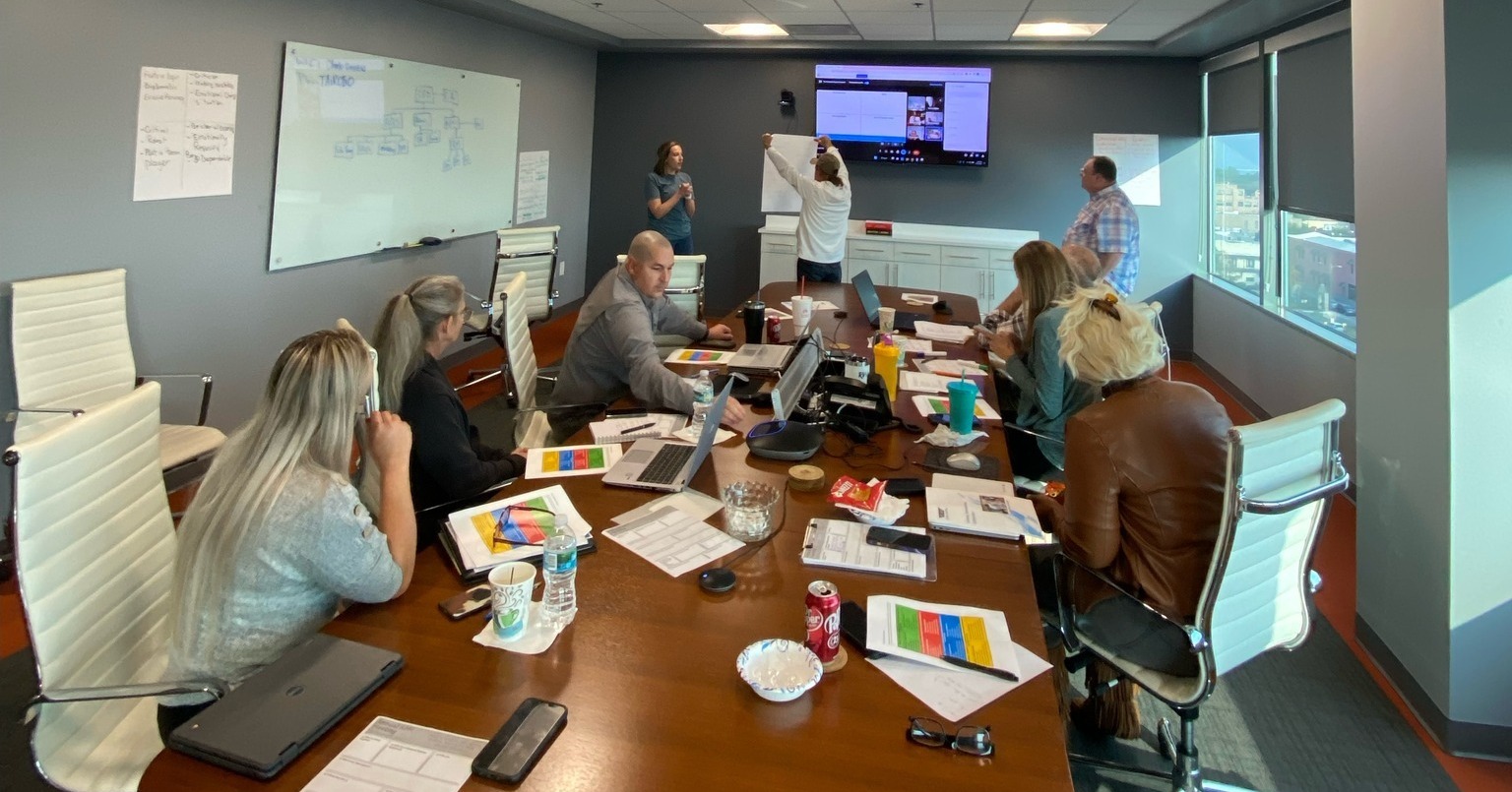There are a million ways to invest your money. There are even more companies out there who you can trust with your cash. We believe Climb Capital is set apart from other real estate investing companies and our track record of successful investor returns is continuing to drive our momentum. The RV park asset class is a quickly growing niche within the commercial real estate market. We are working hard as owners and operators to ensure the tremendous success of our investments. Climb Capital employs a broad range of vertically integrated experts, and our team makes the difference when it comes to investing and investing well. Since RV parks are a unique asset, there are different barriers to entry to consider. The ability to self perform and manage the asset is crucial. Finding cost effective debt partners is more challenging. Oftentimes owners must personally guarantee each loan, which means they have much more skin in the game. Experience matters in this industry. There simply aren’t a lot of sponsors out there who can analyze, purchase, and self perform on multiple assets the way that Climb Capital can.
Climb Capital prides itself on how closely we work with our current investors to ensure their experience is one where they not only make higher returns on their investment, but that they become a repeat investor on future offerings. Investing in RV parks sparks a great deal of curiosity and is a newer concept to some seasoned commercial real estate investors. Some have strong childhood memories linked to camping or RVing with their families and are an easy sell. Others are a bit more skeptical and want to know why placing capital with us is a safe bet especially with financial turmoil as of late. Cameron Hill is Climb Capital’s Executive Assistant and Investor Relations Lead and has the opportunity to build relationships with many of our investors. Cameron believes that our investors are drawn to Climb Capital because we are trustworthy and “We do what is right, not what is easy. I had a conversation with an investor a few months ago in regards to the slow market. We had a new investor who was thrilled to be investing with us, but was hesitant that we may “say yes” to a deal, even if it wasn’t the absolute best deal. We had just canceled a contract with a park we were buying because during our due diligence period, we found things that we knew would cause larger headaches in the future. The numbers just didn’t make sense anymore. Bottom line, we are not willing to compromise the trust that our investors put in us for the sake of a deal.” Strong and transparent relationships with our investors is of great importance to Climb Capital. Timely and thorough investor updates and ease of access to our incredible team of employees who make themselves available for questions is the backbone of investing with Climb. With over $5 million in investor distributions made last year, Climb continues to build and better our relationships with those who make investing possible.
Why is Climb Capital set apart from most sponsors? Some sponsors make an initial investment, get the ball rolling, and step aside to let a third party property manager run their business. Successful investments are run well and with great efficiency, and we believe that running our parks under our internal property management company solidifies that our work processes, best practices, and core values are implemented with consistency. Jake Chambers, president of Climb’s property management company, Altitude Property Management, knows that when, “… you’re intimately involved with the financials and operations of the property then there are far less inefficiencies and considerably less loss due to leakage.” When the company controls its own asset, the motivation to ensure its run well becomes self fulfilling in order to protect the asset and its investors. Increasing efficiency is the foundation of what Altitude Property Management and Climb Capital can do to help take a good park and make it into an exceptional park.
The key difference to Climb Capitals underwriting process is our proprietary database of deals that we have manually sourced and underwritten. This data is constantly updated and parks are added daily. This data sets a benchmark for RV park market analysis as there is no aggregated source of information applicable to RV parks like you would find for other commercial real estate properties, i.e. CoStar. We are able to build better models and stronger proformas based on the information gleaned through market study and underwriting of hundreds of deals. Being able to identify, plan, and mitigate any risks of an investment from the inception of the deal is how we maintain returns on investor money anywhere from 10-20% higher than other typical asset classes. An in depth analysis of each deal and knowing whether the park is going to cater to longer term or full time RV’ers or if it is in a vacation destination zone or a destination in and of itself that will see a heavy flow of transient campers is step number one. Knowing the location and opportunities within each locale will help drive the numbers. Breaking down numbers operationally looks different and again ties into knowing the type of park being bought. Analyzing operating ratios is one way Climb can perform due diligence in knowing what to project for operating capital. Clear delineation of funding in the proforma is a valuable way we can relay the vision for the park to our potential investors.
Learning and understanding the RV space has been Climb Capitals focus over the last few years. With that focus comes industry insight that is only gleaned from experience. Climb simply underwrites RV park deals well and focuses heavily on knowing the tax and insurance burdens that will be incurred upon purchase of an RV park. Climb Capitals acquisitions director, Carter Moses has reviewed hundreds and deals and has learned that, “With a lot of these mom and pop RV parks that have been owned for 20+ years they are likely going to be sold for significantly more than they were initially purchased for or even last evaluated from a market perspective so incorporating a tax reassessment based on the new sale price is imperative in understanding the returns.” Climb also is very careful when assessing the market surrounding each of our parks. Knowing if rates can be increased, if industry supports visitors and tourists to the area, and if the park is currently being run efficiently or if there’s room for improvement is important when putting together a price for an offer. The last few years post COVID were a huge benchmark for the camping industry and the numbers have been skewed when looking back historically. “When we evaluate a deal, we aren’t just looking at one or two years of financials but looking back at 5 years to get a better understanding of the property and how it could operate in the future, what its peak & low points of the season are, have the owners recently done something to justify more revenue, and how much additional value we may be able to add” is just one of the ways Carter Moses is able to accurately determine whether a deal is worth pursuing or one that should be avoided.
The RV park asset class has many upsides not currently seen in other real estate markets. One of which is the fact that not only are we in the real estate business, but also in the hospitality industry. With shorter term stays and most of our clientele vacationing, we simply do not have the hassle and expense of dealing with evictions. There is quite a cultural difference within an RV park versus other multi family properties. Families and friends look to connect over cards at a picnic table or smores around a campfire while their kids ride bikes and make new friends. Most guests book ahead of time and pay up front and excitedly anticipate their stays with us. “We also own little infrastructure, and with RVPs we primarily own the concrete, roads, and pads which reduces expenses and liability.” as Tala Brunson, Climb Capitals acquisitions analyst points out. Less eviction expenses, lower liability, and a vacation mindset help differentiate RV parks from other commercial real estate investments.
Knowing how to underwrite, acquire, turnover, operate and sustain an RV park throughout the life of the investment can only be gained through extensive hands-on experience. “We have spent the last decade growing our organization from two founders desiring financial freedom, which turned to a love of real estate, and today looks like a growing organization of 35 employees. While on the job training is never the preferred way, it has proven to provide the organization deep roots in the get it done now and under budget philosophy. We have utilized our intimate knowledge of how and when to be scrappy to get ahead at every opportunity. This has paid Climb Capital’s bottom line dividends.” states Climb Capitals Project Management Director, Charles Green. This training and experience is the best asset protection that Climb Capital has to offer and we hope you will join us on our way to becoming the preeminent leader in the RV park industry.


